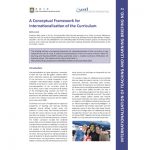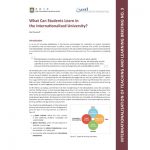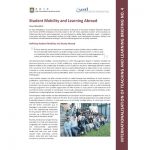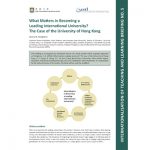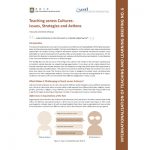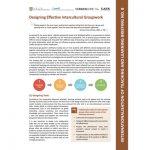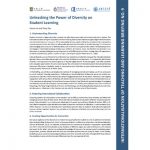Briefing 6
Teaching across Cultures: Issues, Strategies and Actions
The classroom today becomes more and more culturally diversified due to the globalisation of the higher education sector and the increasing student mobility. The high level of diversity, on the one hand, may create unprecedented opportunities for student learning. Frequent interactions between international and domestic students could potentially facilitate the development of cognitive skills, communication skills, and cultural awareness2. On the other hand, the diversity can generate tensions and uneasiness for both teachers and students. Cultural diversity in the classroom therefore needs to be carefully managed.
This briefing discusses the key issues of teaching across cultures and introduces five principles regarding how to transform cultural diversity into valuable learning opportunities. It also draws on the insights obtained from informal interviews with thirteen teachers from the University of Hong Kong (HKU) about their experiences of teaching culturally diversified classes. The teachers involved were teaching at least one Common Core course when they joined the study. The Common Core Curriculum is designed to provide broad and intercultural experiences for HKU undergraduate students3. Common Core courses are open to undergraduates of all majors, resulting in classrooms with over 120 students from different backgrounds in many courses.
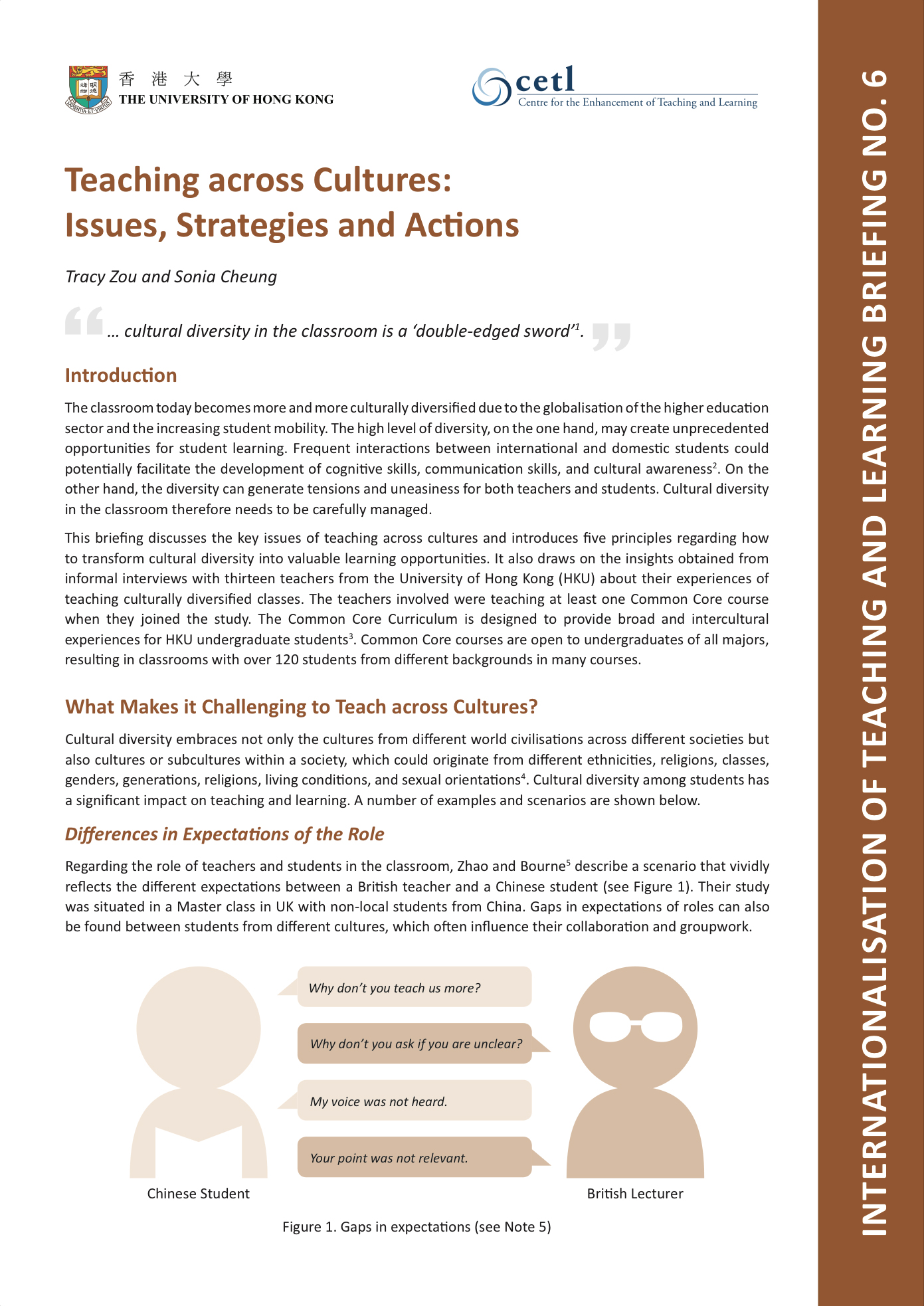
Author(s): Tracy Zou and Sonia Cheung
Published date: June 24, 2016
Themes: Internationalised teaching, Language barriers, Teaching across cultures, Intercultural classroom
Cite this item
Zou, T.X.P. & Cheung, S. (2016, Jun 24). Teaching across cultures: Issues, strategies and actions. Retrieved from https://www.cetl.hku.hk/cop-itl/resource-library/briefings/teaching-across-cultures-issues-strategies-and-actions/.



